The Minerva Center for the Rule of Law under Extreme Conditions
THE MINERVA CENTER FOR THE RULE OF LAW UNDER EXTREME CONDITIONS
invites submissions for the 4th Young Researchers Workshop on Terrorism and Belligerency
“Human Enhancement and Advanced Technologies in Terrorism and Belligerencies”
University of Haifa
Haifa, Israel
June 6 – 18, 2021
The Minerva Center for the Rule of Law under Extreme Conditions (RLEC) at the
University of Haifa, Faculty of Law and the Geography and Environmental Studies
Department, invite submissions for participation in the fourth young researchers’ workshop on
“Terrorism and Belligerency”. The workshop will be held at the Minerva Center, University of
Haifa.
1. Subject-Matter of Workshop
Following the success of the previous workshops (see here), the Minerva Center for RLEC is
planning a fourth young researcher’s workshop in June 2021. Papers are welcomed on
theoretical or practical legal issues related to “Human Enhancement and Advanced
Technologies in Terrorism and Belligerencies” from varied perspectives, such as: history,
philosophy, sociology, geography, technology, economics, and politics.
Human enhancement and advanced technologies have already had significant effects over the framework of terrorism and belligerency, and these effects are expected to increase rapidly in the coming years. Such effects include internal and external mechanisms such as computerized exoskeleton, advanced prostheses, and cognitive advancement.
The workshop focusses on the framework of “human enhancement and advanced technologies” technological, comparative, doctrinal, historical, philosophical, sociological and theoretical perspectives. A non-exhaustive list of possible subjects includes:
• Ethical and moral considerations of human enhancements.
• International law applicable to dealing with human enhancement and advanced technologies.
• Technological abilities and challenges with human enhancement.
• The implications of the use of advanced technologies in the battlefield or for counter- terrorism purposes.
2. Purpose of Workshop
The purpose of this workshop is to convene a group of scholars for a discussions on human enhancement and advanced technologies and their relation to law and policy regarding terrorism / belligerency. This workshop will offer participants a balanced combination of rigorous scholarly discussion and more relaxed social interaction.
3. Structure of Workshop
The workshop will feature twelve papers selected through this call from Israel and abroad. The workshop will be held over a two weeks period; participants from abroad will be offered residency in the university dormitories (see COVID-19 notice below).
Workshop Sessions: The participants will convene 2-3 times a week for full day sessions of presentations and discussions. During each session, selected participants will present their papers to the workshop group (apx. 20-30 minutes). Senior researchers and practitioners will be invited to the sessions to provide feedback, as well as a weekly keynote presentation.
Following each presentation there will be an open discussion among participants.
Field trip: The participants will be invited for field trips which include planned visits to relevant locations and institutions (such as the Israeli Supreme Court, Ministry of Foreign Affairs, Ofer Military Court, and the security fence) where they will meet with experts and practitioners dealing with issues relating to terrorism and belligerency.
COVID-19 Notice: In a case where, due to travel restrictions, we will be unable to hold the event in Haifa, the organizers will provide an online alternative. However, the organizers believe that there is a great value in holding the workshop in-person and therefore, priority will be given to applicants planning to travel to Haifa and attend all sessions.
4. Respondents and Guest speakers
Each young researcher admitted to the workshop will be paired with a senior respondent. The respondent will provide the young researcher with thorough and productive feedback following the presentation of his/her paper. The organizing committee puts a lot of effort into finding suitable respondents to match the selected presentations.
5. Eligibility
Submissions are invited from young researchers, namely PhD candidates, Post-Doctoral fellows, and scholars up to 5 years since the completion of their PhD.
6. Submission Instructions
Interested scholars should email an abstract of up to 500 words along with current CV by
November 19, 2020 to the following address: minervaextreme@univ.haifa.ac.il. Researchers asking for support for travel expenses (see article 8 for details) should also submit a letter of request.
Abstracts should reflect papers that have not been published. Researchers should identify their
submission with the following subject line: “Minerva Center— Terrorism and Belligerency
Workshop 2021.”
7. Notification and Participation Requirements
Successful applicants will be selected by a Symposium Organizing Committee and notified no later than January 7, 2021.
3
The Minerva Center for the Rule of Law under Extreme Conditions
8. Conditions
An invitation to participate in this Symposium will be issued to a participant on the following conditions:
(1) The participant agrees to submit an original, unpublished paper between 8,000 words and
12,000 words consistent with submission guidelines issued by the workshop conveners;
(2) The participant agrees to submit a full pre-workshop draft by April 3, 2021
(3) The participant agrees to submit a full post-symposium final draft by December 20, 2021;
and
(4) The participant agrees to acknowledge in future publication of his or her relevant paper,
“the Minerva Center for RLEC at the Faculty of Law and the Geography and
Environmental Studies Department, the University of Haifa“.
9. Costs
There is no cost to participate in the Workshop. Successful applicants are responsible for
securing their own funding for travel and other incidental expenses, in accordance with the
following information:
Travel: In order to enable submissions from young researchers coming from developing
countries, distant locations or in unique circumstances, the Minerva Center will provide partial assistance to cover travel expenses. A request letter should be included in the submission.
Accommodations: Researchers from outside of Israel are expected to stay in Haifa during the workshop. The cost of accommodations at the dormitories for this period will be covered by the Minerva Center. Researchers who choose to extend their stay or to arrange for their own accommodations will be required to secure their own funding.
Food: Light refreshments, lunch and dinner will be available at the Minerva Center throughout the workshop session dates.
10. Streaming
In accordance with the ongoing practice of the Minerva RLEC, all of the young researchers’ workshop sessions will be streamed live and recorded online. We believe that almost any academic event should be live streamed and recorded; however this is not a mandatory requirement and every speaker may choose to opt-out from this option for his or her own presentation. For previous recordings please visit the Minerva RLEC YouTube page.
11. Questions
Please direct inquiries in connection with this Workshop to Adv. Ido Rosenzweig by email at
ido.rose@gmail.com or telephone at +972-(0)-525516596.
We would appreciate the circulation of this Call widely.
12. Workshop Organizing Committee
• Prof. Eli M. Salzberger, The Director of the Minerva Center RLEC
• Prof. Gad Barzilai, Principal Investigator, Minerva Center RLEC
• Prof. Amnon Reichman, Principal Investigator, Minerva Center RLEC
• Prof. Deborah Shmueli, Principal Investigator, Minerva Center RLEC
• Dr. Itamar Mann, Principal Investigator, Minerva Center RLEC
• Dr. Michal Ben Gal, Research coordinator, Minerva Center for RLEC
• Adv. Ido Rosenzweig, Director of Research (Cyber, Terrorism & Belligerency) Minerva Center RLEC
13. About The Minerva Center for the Rule of Law under Extreme Conditions
The Minerva Center for the Rule of Law under Extreme Conditions at the University of Haifa
Faculty of Law and the Geography and Environmental Studies Department is an international venue and transnational forum – together with the University of Hamburg, for study, research, training, education and publication. It fosters multifaceted empirical and theoretical research in the study of the rule of law as a social sphere during belligerencies, natural disasters and socio-economic acute crises. Challenges to the rule of law under extreme conditions may vary under different constitutional and political regimes. The Center focusses on democracies and analysis includes institutional, cultural, socioeconomic and policy dimensions. The Center’s mission includes encouraging scholars, young scientists, and students to develop data and cultivate an interactive dialogue for research and training around these issues. The Center fosters dialogue with students, scholars, experts, policy and decision makers through symposia, colloquia, seminars, conferences and a series of publications based on its research and findings.
For more, please visit: http://minervaextremelaw.haifa.ac.il



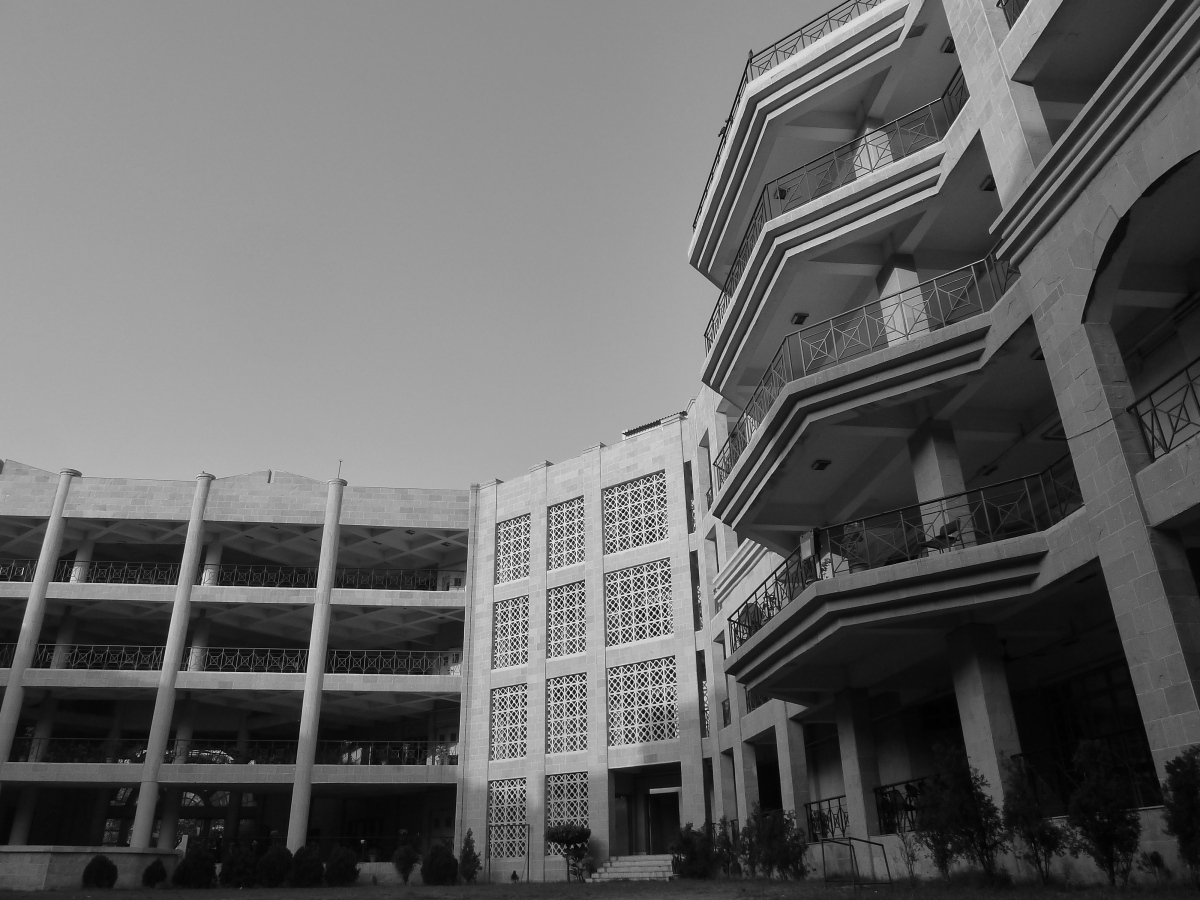

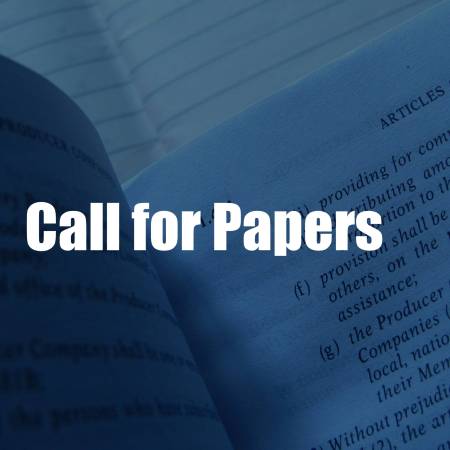

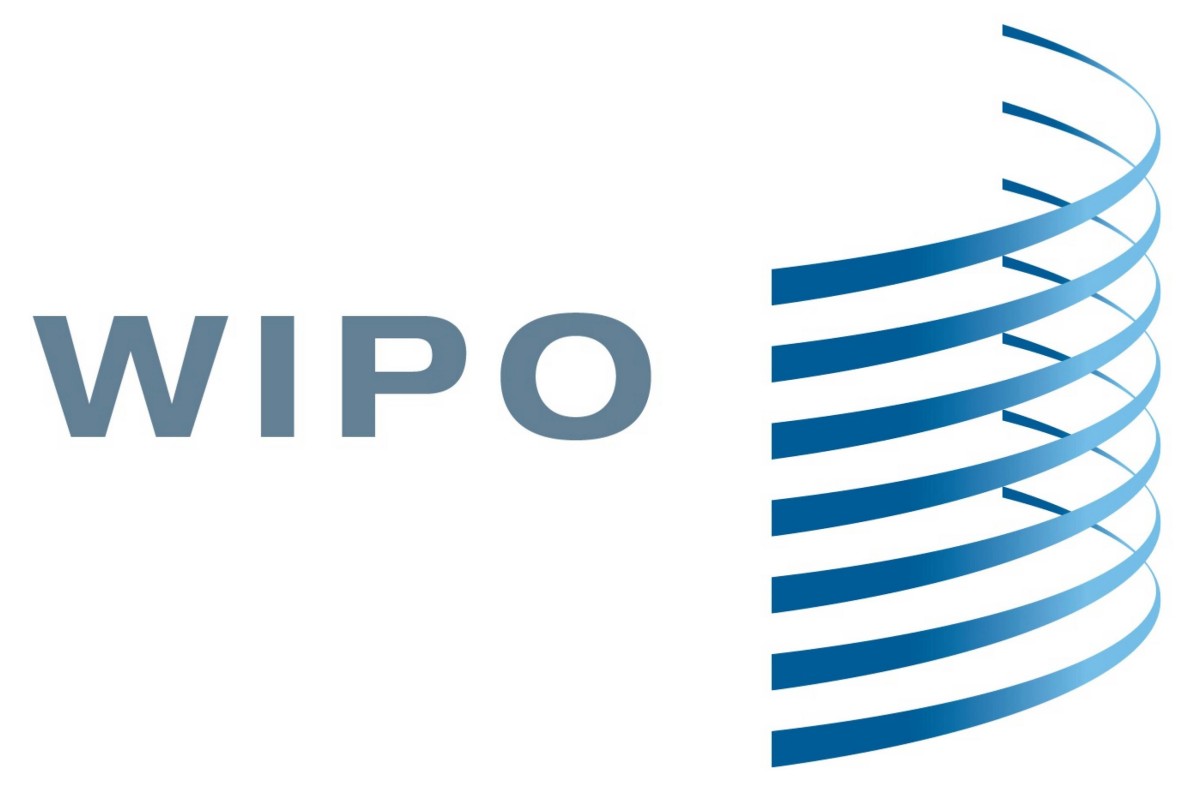






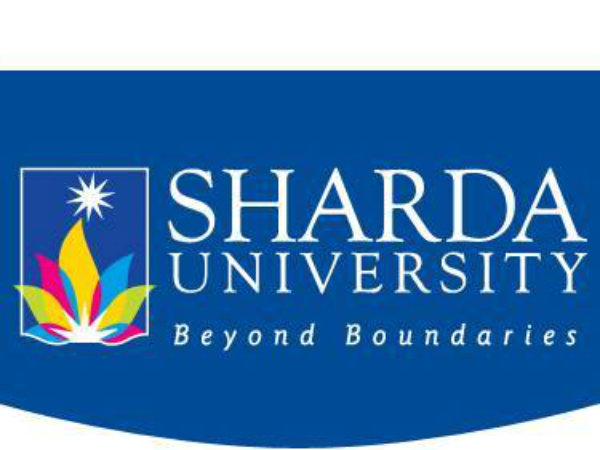










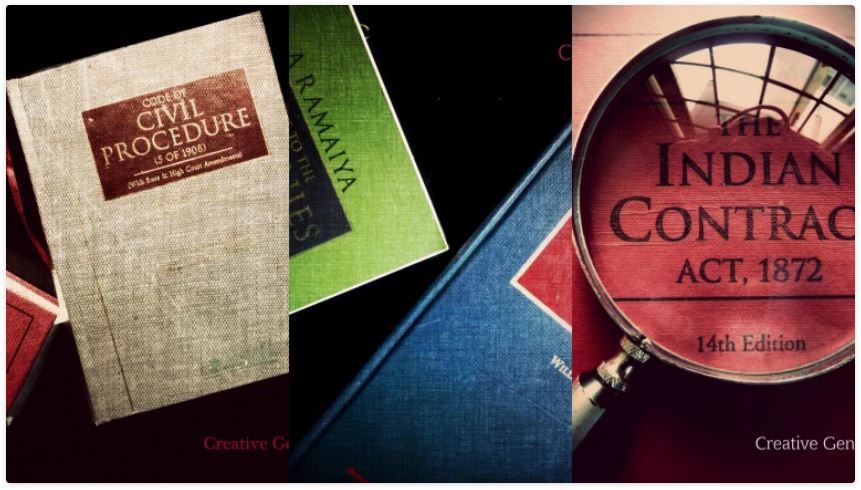

![INTERNATIONAL CONFERENCE On COMPARATIVE LAW Organized by: Amity Law School, Noida and School of Business & Law, Edith Cowan University [Western Australia] February 19-20, 2021](https://knowledgesteez.files.wordpress.com/2020/11/amity.jpg?w=1019)











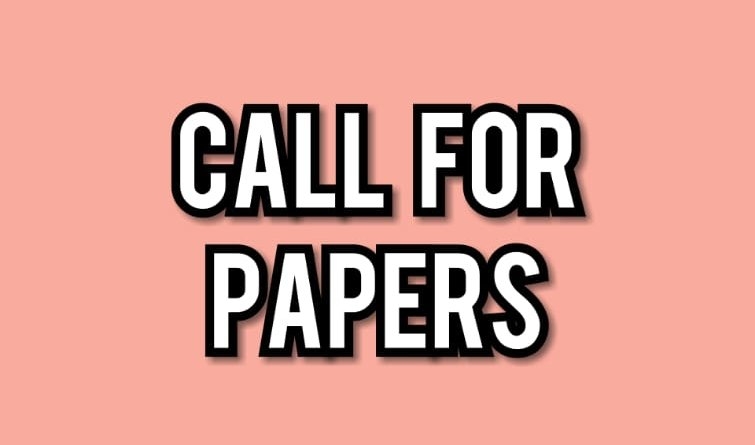


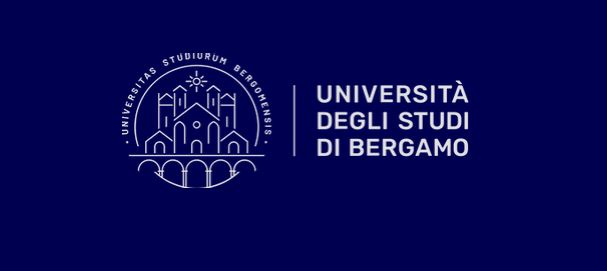
![[Call for paper]CHHATTISGARH LAW JOURNAL VOL VI ISSUE-2-2020 [Submit By 30 Nov 2020]](https://knowledgesteez.files.wordpress.com/2020/10/call-for-paper-chhattisgarh-law-journal-vol-vi-issue-2-2020-submit-by-30-nov-2020.png?w=1200)





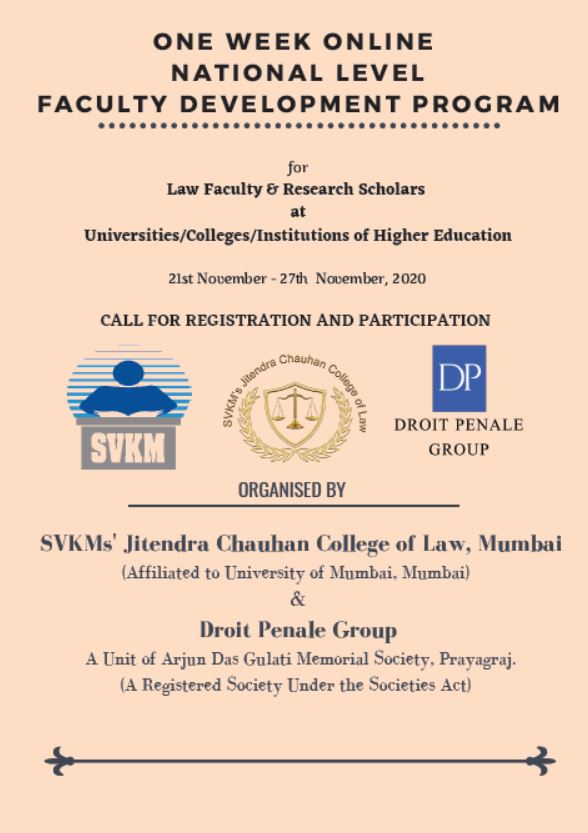













![[Online] International Interactive Certificate Course on Arbitration by MyLawman [Register by 16 October 05:00 PM IST]](https://knowledgesteez.files.wordpress.com/2020/10/oiccarb-banner.png?w=1200)





